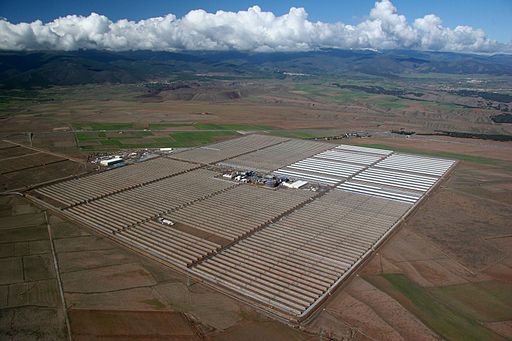Resources and Sustainability
The growing human footprint on our planet is clearly shown by the enormous consumption of renewable (e.g. biomass) and non-renewable resources (e.g. fossil fuel). To sustain a high human development without destroying the environment, a balance between economic viability, environmental tolerability and social fairness is required. This concept of sustainability is incorporated in many national constitutions, numerous regulations and is discussed in several summits.
To make predictions and decision about the sustainable use of resources it is necessary to understand past and present interactions between the biosphere, the atmosphere, the hydrosphere (water) and the lithosphere (Earth’s crust and mantle).
Taking as an example the predicted increase in energy needed for a growing population and economy. Fossil fuels are in this respect not only finite resources that are stored in our lithosphere, the combustion of those has also an effect on our atmosphere (e.g. change of climate). Biomass, solar and hydroelectric power could be a more sustainable substitution of fossil fuels however still their use has to be considered carefully also in respect to the whole biosphere, lithosphere, atmosphere and hydrosphere.
